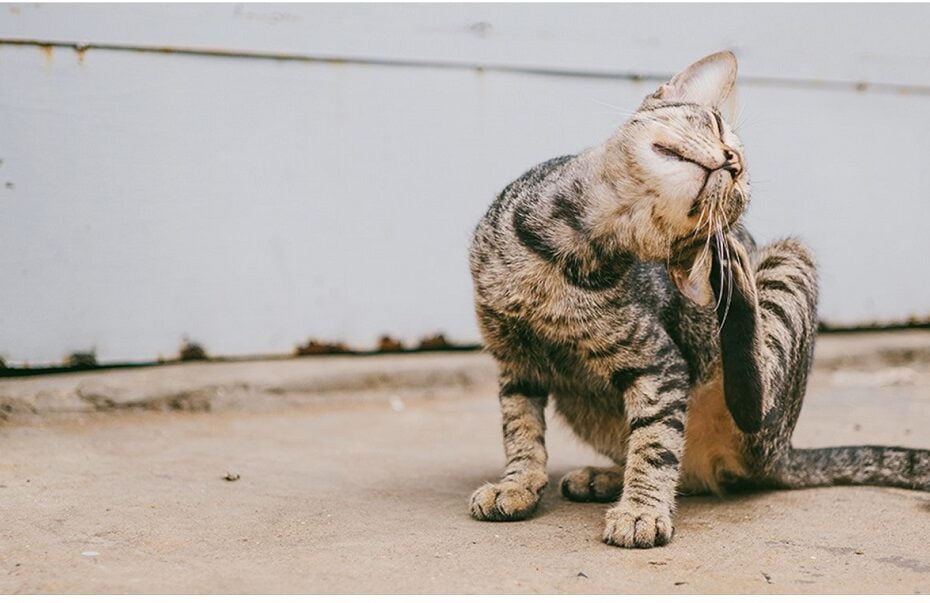By Alina Zafar
Cat Scratch Disease
Cat scratch disease (CSD) is a bacterial infection spread by cats. The disease spreads when an infected cat licks a person’s open wound, or bites or scratches a person. CSD is caused by a bacterium called Bartonella henselae. About 40% of cats carry B. henselae at some time in their lives, although most cats with this infection show NO signs of illness. Kittens younger than 1 year are more likely to have B. henselae infection and to spread the germ to people.
Serious but rare complications
Although rare, CSD can cause people to have serious complications. CSD can affect the brain, eyes, heart, or other internal organs. These rare complications, which may require intensive treatment, are more likely to occur in children 5-14 years of age and people with weakened immune systems.The immunocompromised host may develop a vascular-proliferative response. Affected lymph nodes become enlarged and tender over one to two weeks. Cat scratch disease is a common cause of chronic lymphadenopathy as well, which may spread beyond the site of inoculation. Cat scratch disease can disseminate to the eye, liver, spleen, and central nervous system (CNS).
Signs And Symptoms
The infected area may appear swollen and red with round, raised lesions and can have pus. A person with CSD may also have a fever, headache, poor appetite, and exhaustion. Later, the person’s lymph nodes near the original scratch or bite can become swollen, tender, or painful. lymph node enlargement appear approximately 2 weeks after a feline scratch. Contact your doctor if you develop any symptoms of cat scratch disease or infection.

Precautions
- Wash cat bites and scratches right away with soap and running water.
- Wash your hands with soap and running water after playing with your cat, especially if you live with young children or people with weakened immune systems.
- Since cats less than one year of age are more likely to have CSD and spread it to people, persons with a weakened immune system should adopt cats older than one year of age.
- Do not allow cats to lick your wounds.
Prognosis
In 90 to 95% of children, cat scratch disease will resolve spontaneously with symptomatic control, including analgesics, antipyretics, and warm compresses. In patients with disseminated disease, recovery may take months to a year with morbidities depending on the system involved. The immunocompromised host may have a debilitating course. By A
